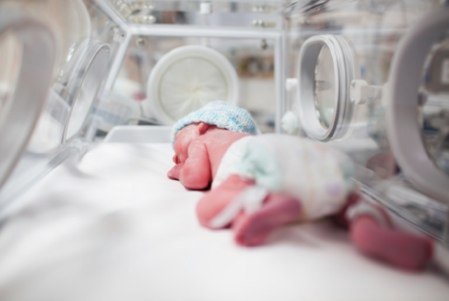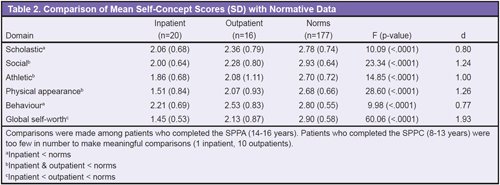
ARCH Lab Contributes to Study of Adult Multimorbidity
In collaboration with colleagues at the Offord Centre for Child Studies, Dr. Ferro published a paper entitled, “Child maltreatment and adult multimorbidity: results from the

In collaboration with colleagues at the Offord Centre for Child Studies, Dr. Ferro published a paper entitled, “Child maltreatment and adult multimorbidity: results from the

Congratulations to Dr. Mark Ferro who was recently elected to be a Fellow of the American Psychopathological Association (APPA). The APPA, founded in 1910, is

A study examining the mental health trajectories of individuals enrolled in the Extremely Low Birth Weight Cohort found that extremely low birth weight survivors experienced

A paper by Puka et al., entitled “A systematic review of quality of life in parents of children with epilepsy” was recently published in Epilepsy

Jessica Zelman, a Research Coordinator in the ARCH lab, recently published a paper with Dr. Ferro entitled, “The parental stress scale: psychometric properties in families

A paper by ARCH Lab Postdoctoral Fellow, Shane Goodwin, entitled, “Development and Assessment of the Quality of Life in Childhood Epilepsy Questionnaire (QOLCE-16)” was recently

Chris Choi, a former high school bursary student working with the ARCH Lab recently published a paper entitled, “Comparing self-concept among youth currently receiving inpatient

Led by Alle Butler, a reading course student supervised by Dr. Ferro, the main findings from the REACH study were published in an article entitled,

Working with investigators from the Extremely Low Birth Weight Cohort at McMaster University, two papers were recently published in Development and Psychopathology. The first, entitled,

A paper by Duncan et al. entitled, “Psychometric evaluation of the Mini International Neuropsychiatric Interview for Children and Adolescents (MINI-KID)” was recently published in Psychological